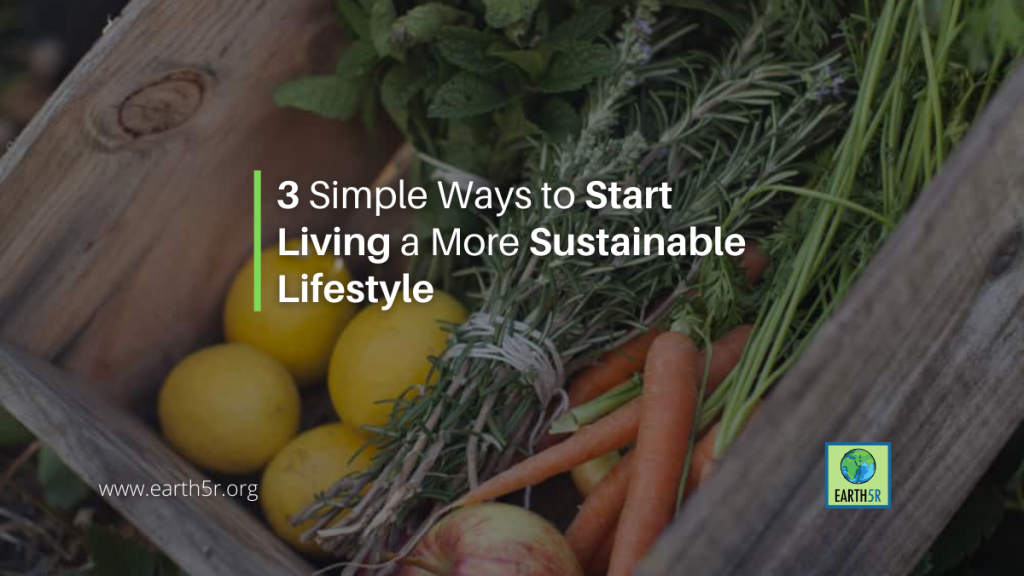3 Simple Ways To Start Living A More Sustainable Lifestyle

1. Start Small — But Start Now.
One of the most important things to remember as you are transitioning into more sustainable living is little changes add up. And they can add up fast. So don’t feel you have to overhaul everything all at once. Start with easy tweaks like switching to energy-saving light bulbs or drinking tap water instead of bottled (our environmental experts have assessed a wide range of water-testing kits to help boost your confidence), buying less overall, and being conscious about how you dispose of goods, from mattresses to clothing and beyond.
2. Get Savvy About Spotting Greenwashing.
A recent survey revealed how confusing “eco” or “green” claims can be.
Even today, as people are more interested in sustainable living tips, “eco” or “green” claims can be confusing. When we put the question to over 5,000 people in the Good Housekeeping Institute‘s recent Sustainability Survey, 26% of people said they believed “green” meant “earth or environmentally friendly,” 19% answered “reusable, recyclable or recycled,” 13% said “eco-conscious” and 10% thought it meant “sustainable.” Other write-in answers included: natural, organic, compostable, plant-based and healthy.
In reality, all of these things might contribute to making a product more “green” or “sustainable,” but according to the FTC Green Guides, brands must explain why a product is green before they can legitimately use eco-friendly claims on their labels. Once you can easily ID the terms and claims – and spot the imposters – you will be better equipped to make truly sustainable choices.
3. Rethink Your Modes Of Transportation.
Walking, taking the stairs, and riding a commuter bicycle are some of the easiest ways to get around more sustainably. That’s because they require no energy (other than your own!) and emit absolutely zero greenhouse gases while helping to boost your own cardiovascular health. Driving a combustion-engine vehicle, on the other hand, is a significant contributor to greenhouse gas emissions.
If distance puts walking or riding a bike out of the question, public transportation or car-sharing are good alternatives along with e-bikes and scooters. If you don’t have your own bike, consider the growing number of rent-a-bike services popping up in more neighborhoods all over the country. If that’s not an option for you, fortunately, most car manufacturers are making bold predictions about adding electric and hybrid vehicles to their rosters.
HOME EQUALS PLANET: 15 ACTIONS TO CHANGE THE WORLD
The 15 actions are associated with the UN Sustainable Development Goals and aim to create a better future for all by 2030. Home Equals Planet covers areas like Waste Management, Health, creating a Circular Economy, etc.
To read more of such articles, please visit https://earth5r.org.
Source: What Is Sustainability? A Sustainable Living Guide for Beginners (goodhousekeeping.com)




